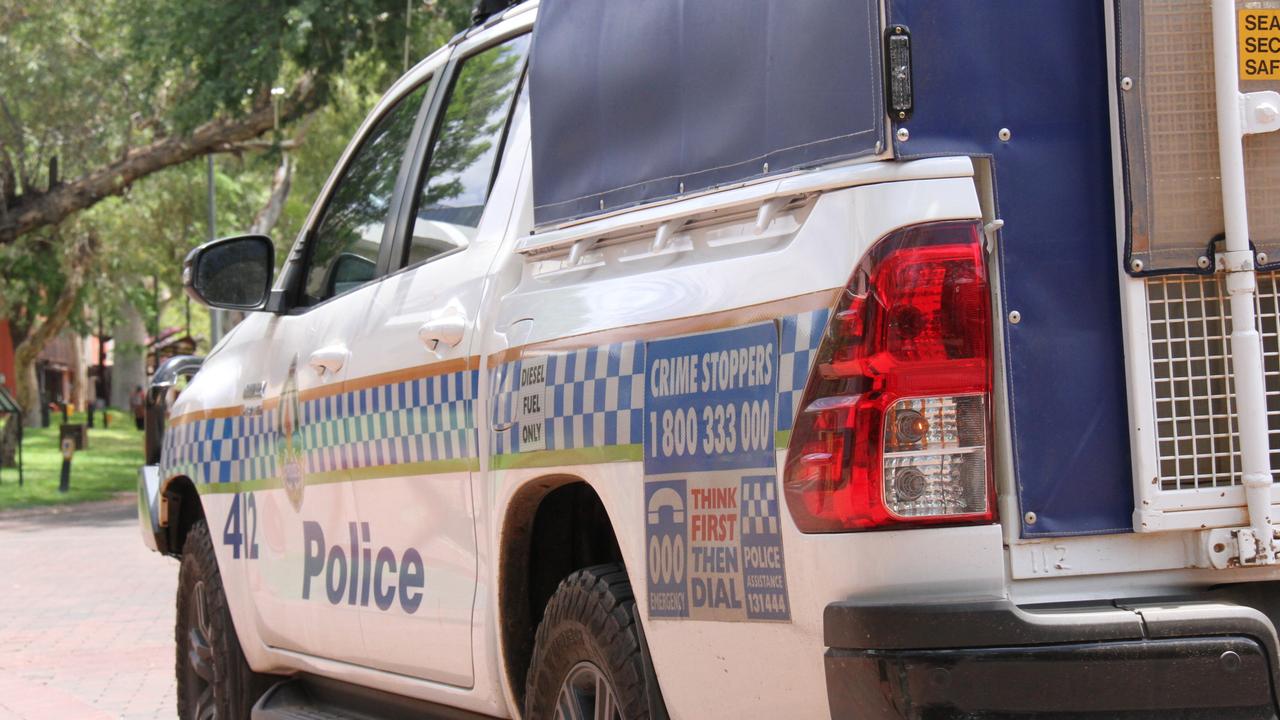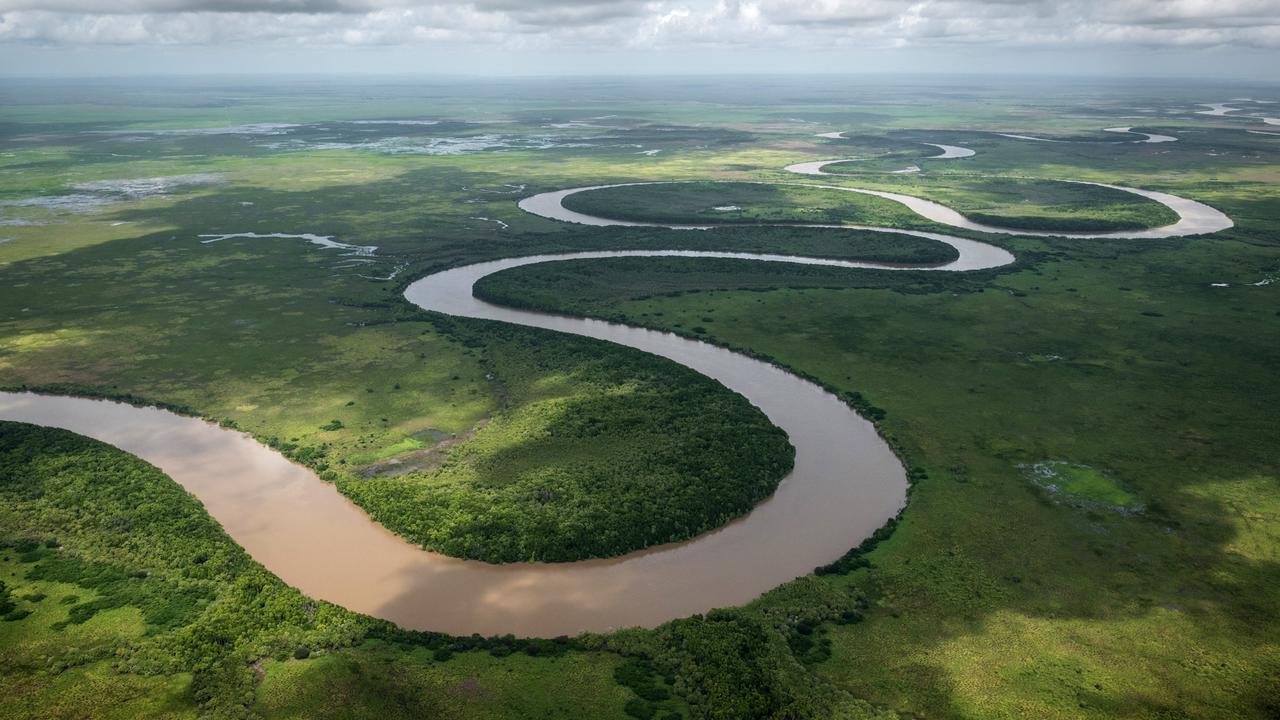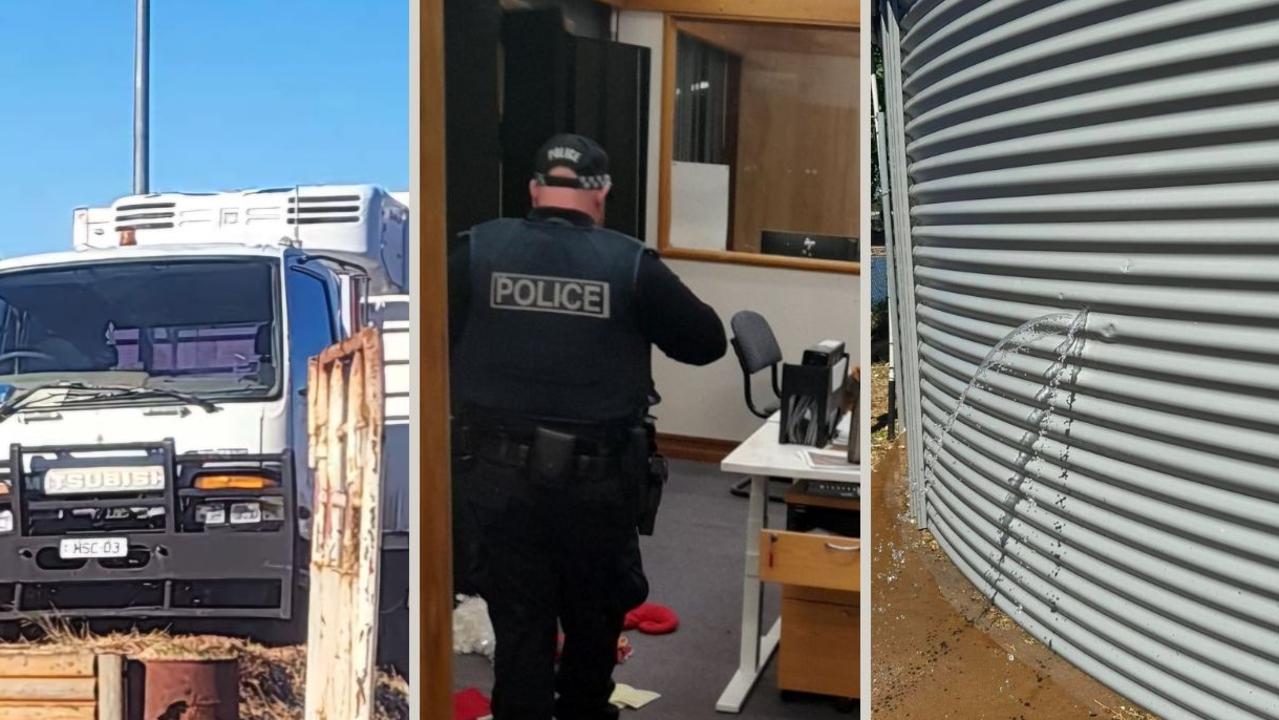ADF urged to make more use of the Top End’s training areas
High intensity military training in the Territory ‘has waned’ in recent years, claims a national security expert, who is calling on the PM to host larger and more complex military exercises.
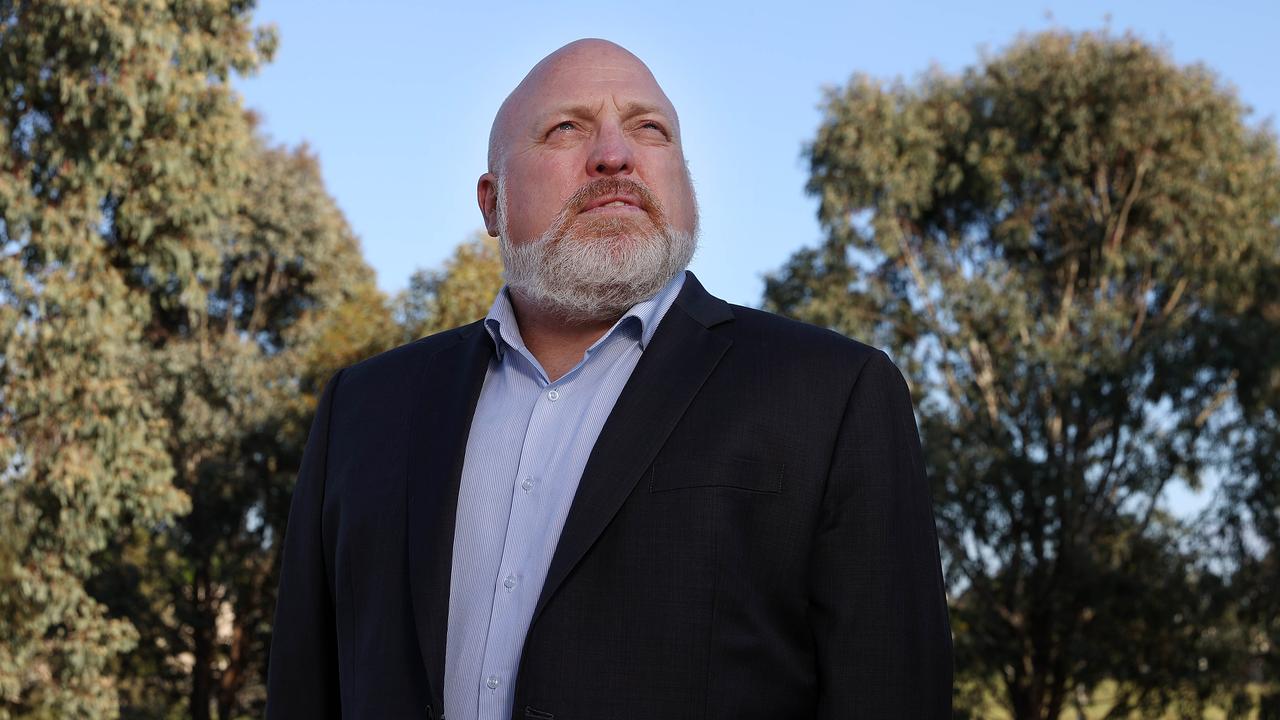
News
Don't miss out on the headlines from News. Followed categories will be added to My News.
High intensity military training in the Territory “has waned” in recent years, claims a national security expert, who is calling on the Albanese Government to host larger and more complex military exercises in the Top End which “reflect Australia’s strategic challenges”.
This month, Australian Strategic Policy Institute director Dr John Coyne released his article ‘Unlocking the full potential of the ADF’s northern ranges and training areas’, in which Dr Coyne argued defence real estate in the Top End was not being put to best use.
Dr Coyne said the Territory’s world-class facilities were not being fully exploited.
“Defence-owned areas such as Bradshaw Field Training Area and Mount Bundey Training Area have earned global recognition for their ability to support high-intensity training,” Dr Coyne said.
“Yet the Australian Defence Force is not fully exploiting the potential of these assets – it is under-utilising critical resources that could enhance the ADF’s operational capabilities and Australia’s broader defence posture.”
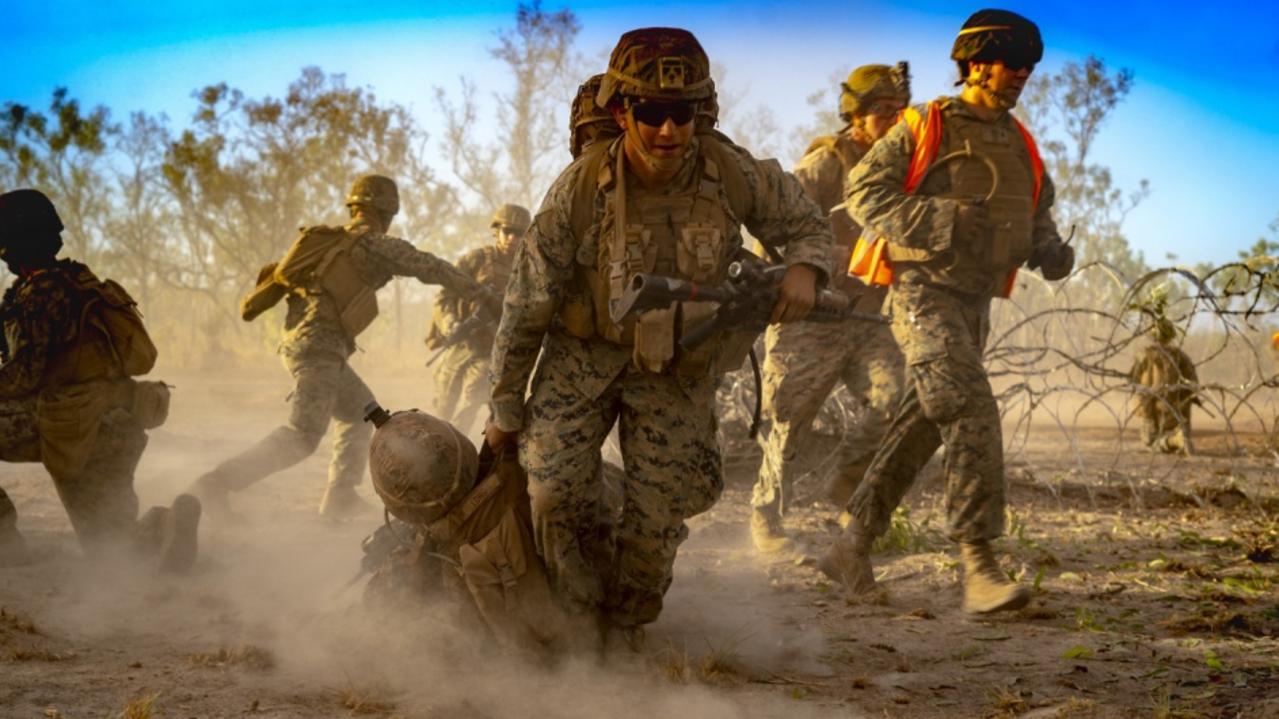
Dr Coyne said the Territory provided an “ideal environment” for military exercises, but maintained hours in the field had slumped.
“(I)n recent years, there has been a noticeable reduction in the scale and frequency of ADF exercises in the NT,” he said.
“This decline, compounded by the army’s shrinking presence in the NT and competing demands on Defence, has limited the ADF’s ability to fully exploit these ranges for high-intensity, combined-arms training, leaving a significant gap in defence readiness.”
Dr Coyne’s comments comes as the ADF returns its focus to warfighting priorities, having been bogged down in domestic operations for several years.
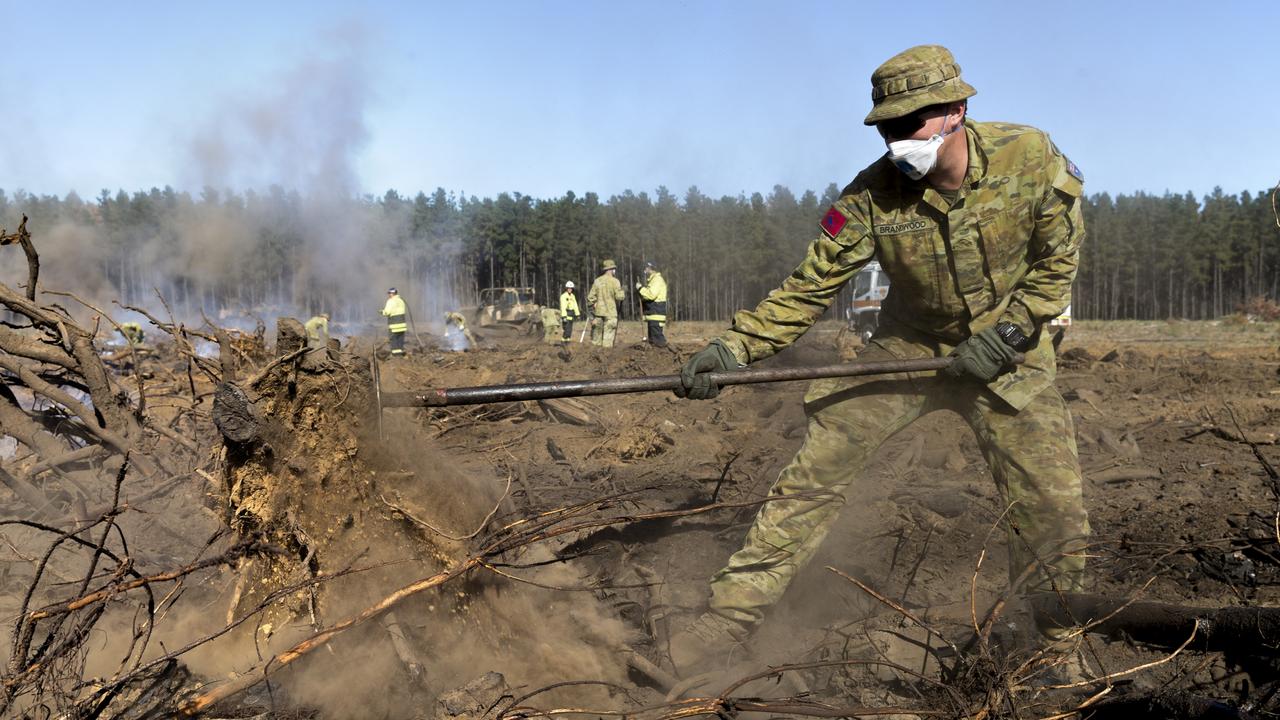
In 2019, more than 6500 ADF members were deployed on Operation Bushfire Assist, including 3000 reservists who were under compulsory call-out orders.
In the following years, ADF units were also mobilised in response to flood disasters and Covid-19 operations.
The commitment forced some commanders, including Top End-based officers, to cancel military training in favour of seeing through disaster relief objectives.
Compounding the issue, a significant workplace retention crisis followed, with the ADF failing to meet its growth target year-on-year since.
Dr Coyne argued training in the Top End needed to ramp up in accordance with current regional tensions.
“Despite the NT’s exceptional training environment and the US forces’ frequent use of this advantage, the ADF’s commitment to high-intensity exercises in the region has waned,” he said.
“As the Indo-Pacific becomes more geopolitically significant, the NT’s ranges should be central to Australia’s defence strategy, not secondary assets used infrequently or for limited purposes.”
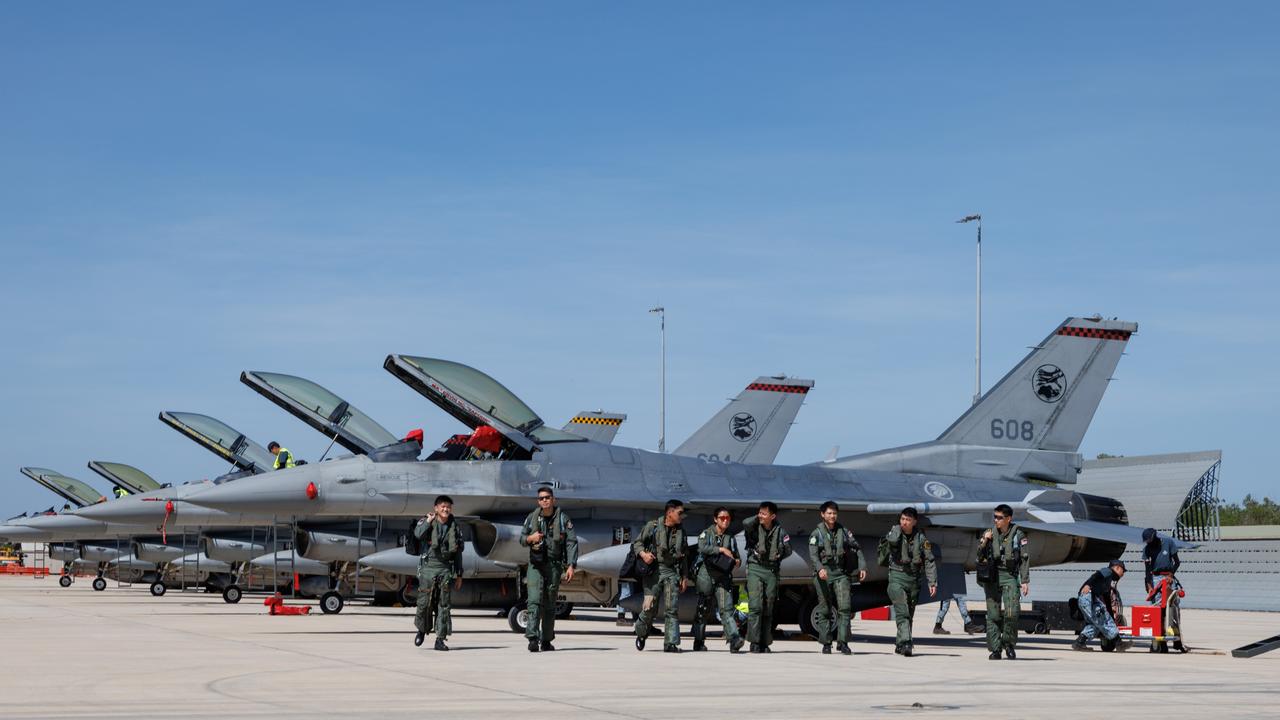
However, other government objectives outlined in recent years has also lifted the reliance on Mount Bundey Training Area and Bradshaw Training Area.
Personnel from Darwin’s 1st Brigade were deployed on Operation Kudu – an international mission aimed at training Ukrainian soldiers for the war against Russia.
First Brigade have also been directed to shift its focus to littoral warfighting, forcing thousands of soldiers to trade time in the bush for water-based training.
Beyond the Army’s activities, the other services have actually expanded military exercises in the Top End, with the Air Force’s Exercise Pitch Black and the Navy’s Exercise Kudu - both held in 2024 - the largest iterations in their respective histories.
More Coverage
Originally published as ADF urged to make more use of the Top End’s training areas




